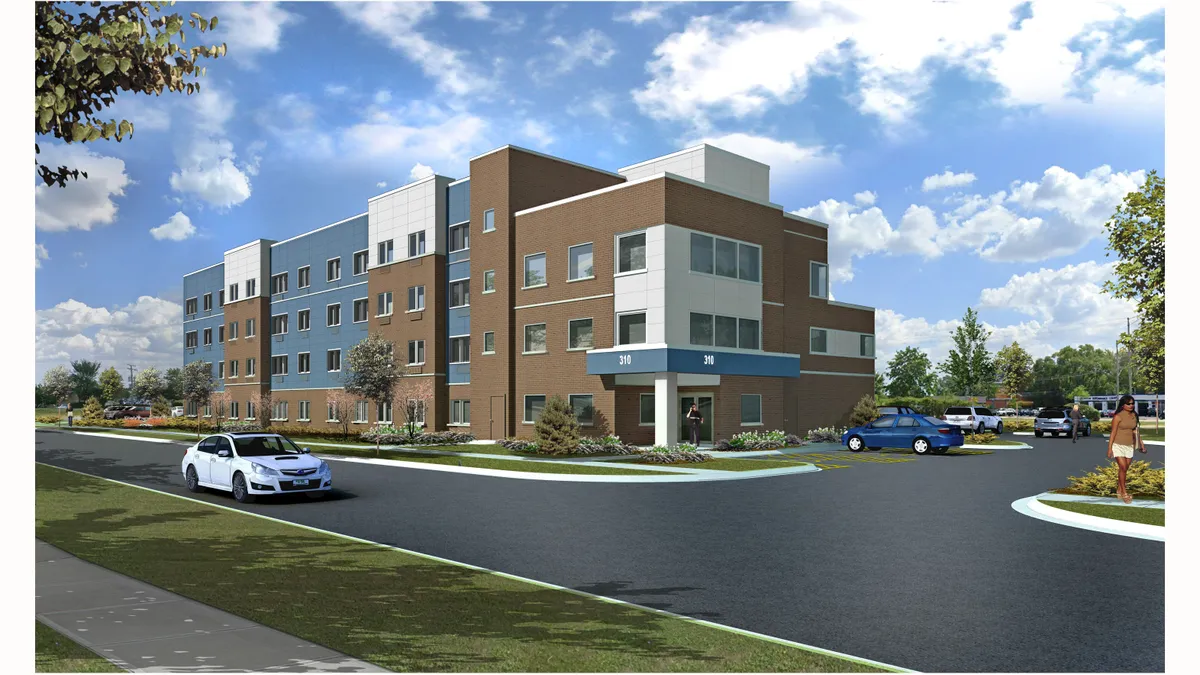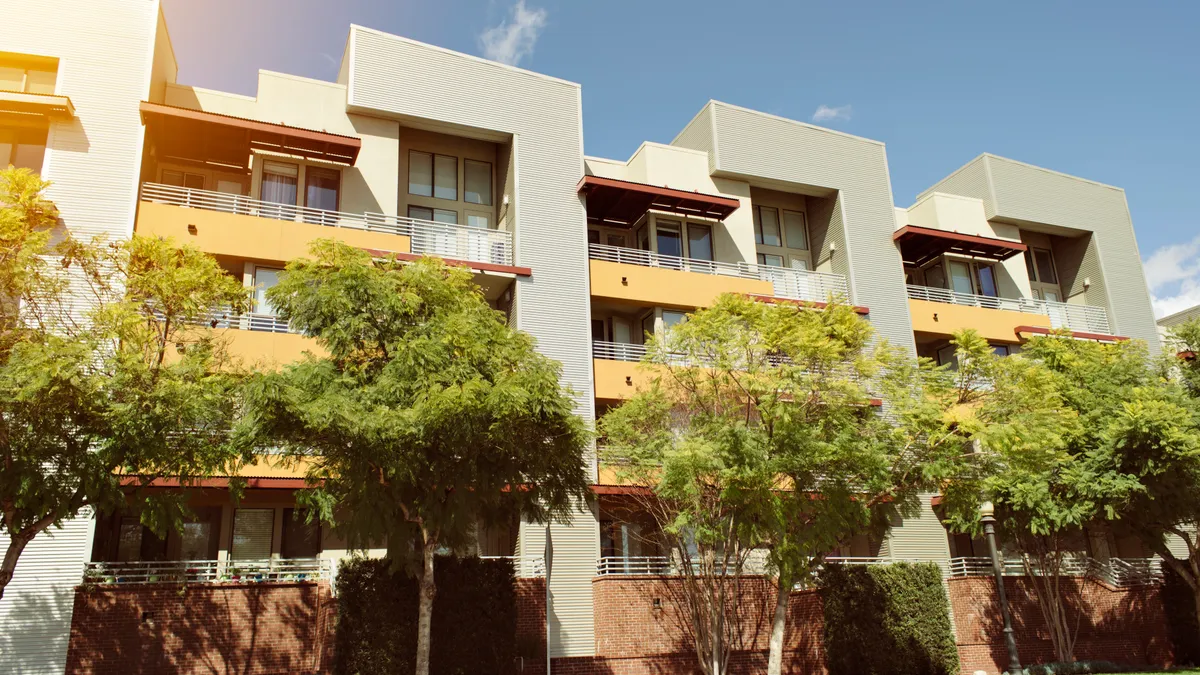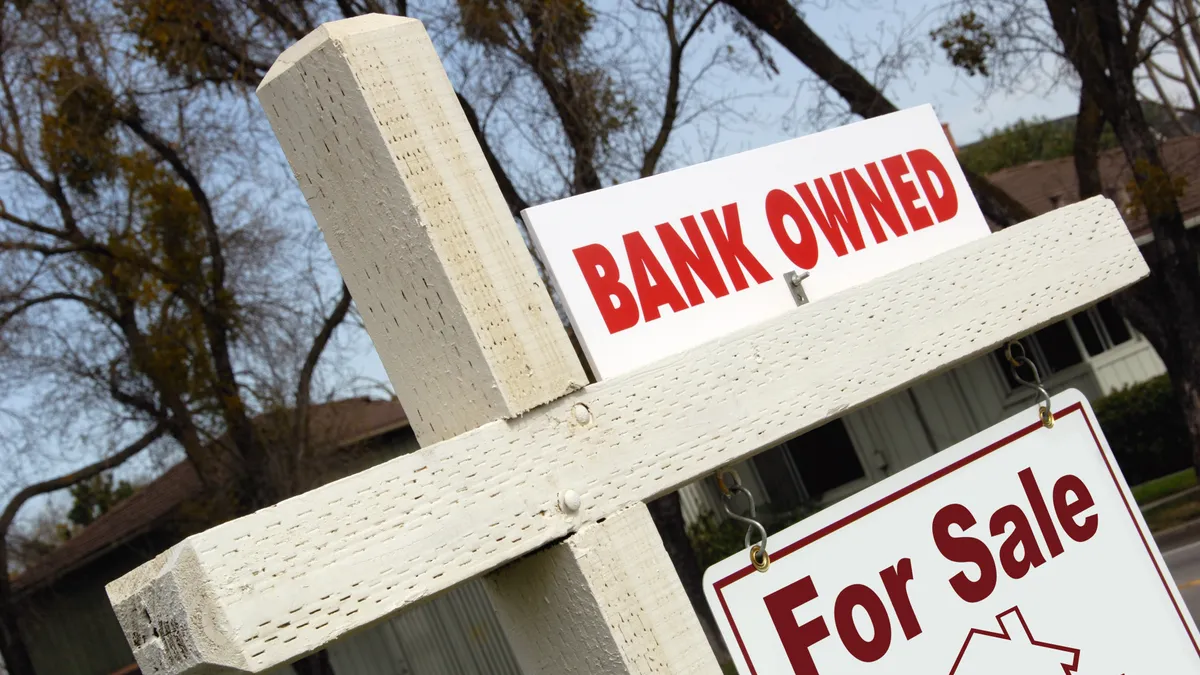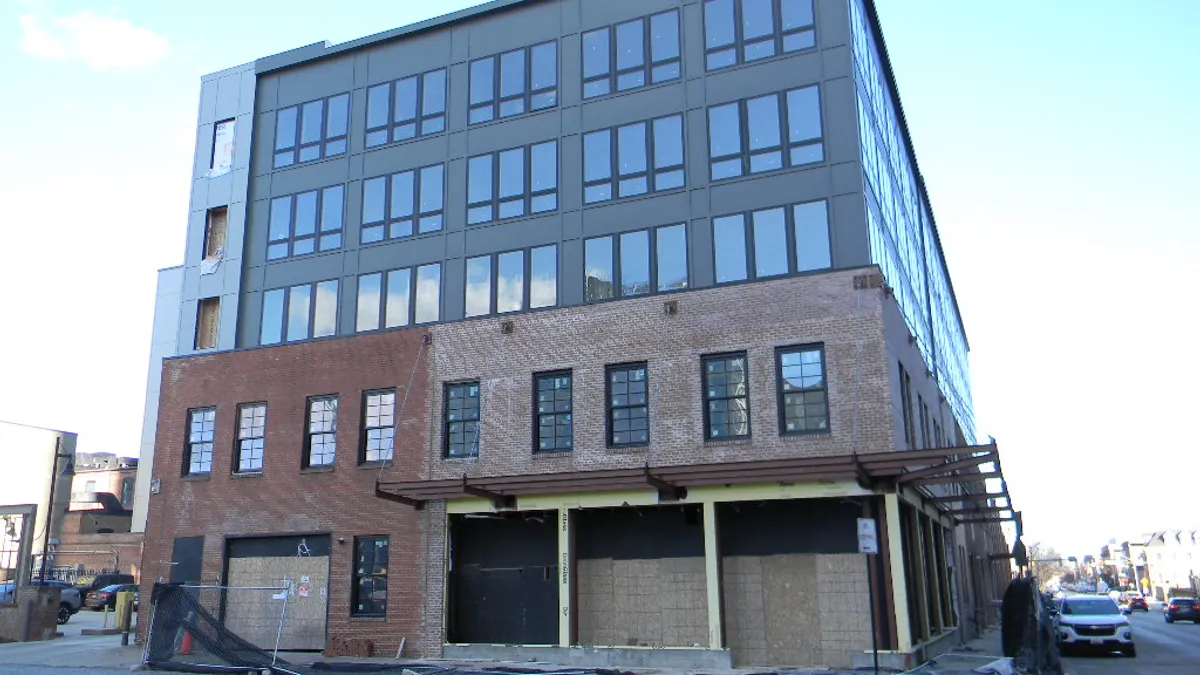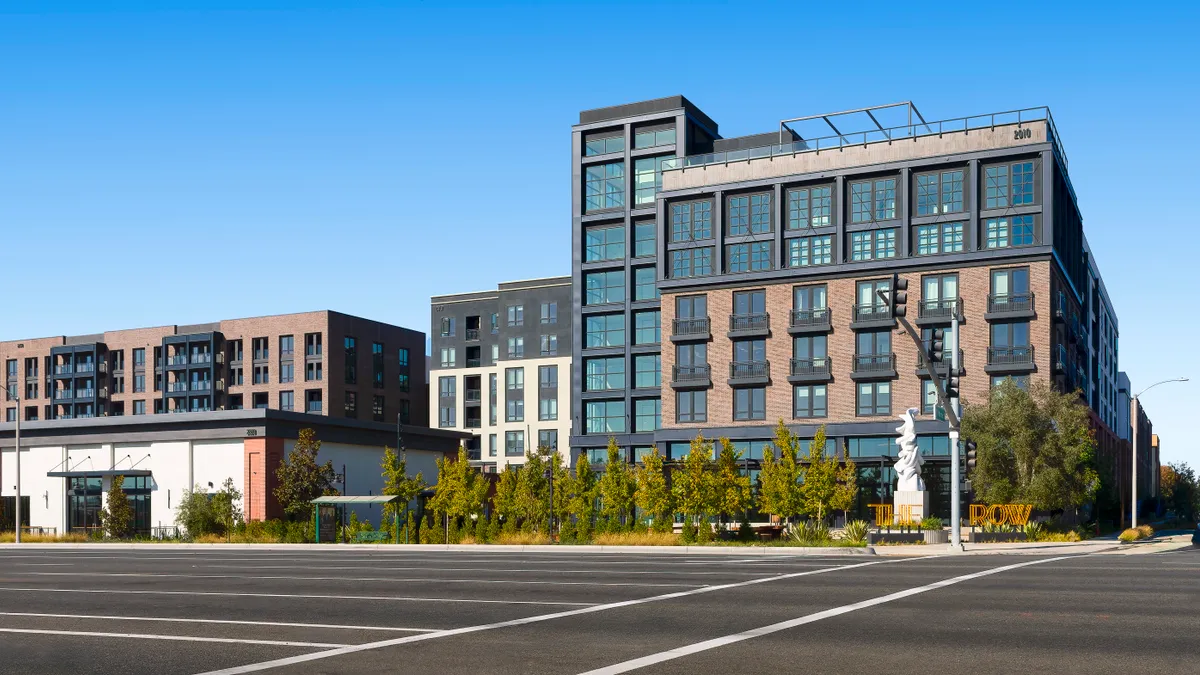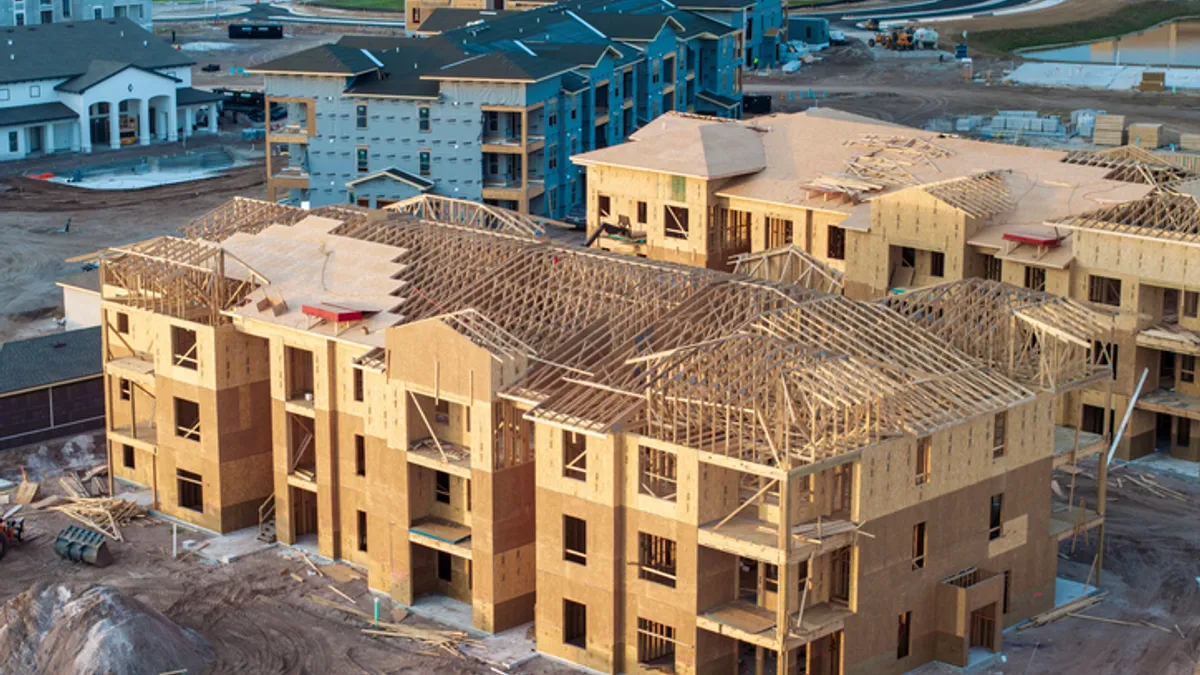Florida has been ground zero for rent increases in the COVID-19 era. Even as the market cools off, Miami and Orlando continue to hold their ground, according to recent data from RealPage.
Nobody knows these realities better than Matthew A. Rieger, president and CEO of Coconut Grove, Florida–based Housing Trust Group, the largest affordable developer in Florida.
HTG builds everything from joint ventures with housing authorities on new developments to Low Income Housing Tax Credit and workforce developments. After starting 787 units in seven communities this year, the company’s starts are slowing to 326 units in four communities next year. The company also operates in Arizona, Illinois and Texas.
“We try to develop a broad spectrum of housing to meet the needs of anyone who walks through the door,” Rieger said. “Given the need for additional affordable rental product, It's both good business and just the right thing to do from a social perspective to focus on trying to build more affordable housing stock.”
Here, Rieger talks with Multifamily Dive about solutions to the housing crisis, obstacles to affordable housing production and insurance problems in Florida.
This interview has been edited for brevity and clarity.
MULTIFAMILY DIVE: What needs to happen to start solving the affordable housing crisis?
MATTHEW A. RIEGER: The demand for affordable housing is incredible. We need this once-in-a-generation commitment by our federal government to make a dent in this crisis. You’re not building the interstate highway system on the strength of little municipalities. You're not building the B-21 bomber on a county-by-county basis. Big things need big resources.
The only place I know that has them, other than Elon Musk and Jeff Bezos, is the federal government.
What is the best way for the federal government to stimulate housing supply?
I'm not a believer in public housing as the solution to our affordable housing crisis. I think that's been proven over decades to not be the ideal solution. It doesn't address the supply side of the economic equation.

To me, it is simple economics 101. We have a supply-and-demand issue. The supply is not anywhere near what the demand is for affordable products.
Overallocating to the public housing authorities doesn't address the supply side. LIHTC is the perfect solution to addressing the supply side of the equation.
Are any states and localities trying to step up to fill the gap?
In certain areas, like Florida, for example, we're very thankful for additional resources helping us cover huge construction cost increases over our original underwriting budgets. In addition, they're helping us cover large interest rate increases that we obviously had no idea about back when we underwrote these transactions in 2020 and 2021.
So because Florida stepped up, you're going to see a lot of activity and a lot of closings in the state next year.
How do you see 2023?
I am fearful that 2023 will be a bloodbath in this industry. We are facing a perfect storm. We had unabated construction cost increases over the last several years. We have been able to overcome the lowering of the value and the price of the federal tax credit, which was caused by the late December 2017 passage of the Tax Cuts and Jobs Act. That devalued the tax credit and lowered the demand for the tax credit. So we have fewer resources and higher construction prices.
That was somewhat smoothed over by the availability of cheap debt due to historically low interest rates. Those historically low interest rates through the pandemic have led to what we're now seeing, which is incredible inflation.
The only tool the Fed has to battle inflation is to raise interest rates. That is causing a huge problem in making new affordable transactions underwriteable. And here’s the kicker: We are seeing incredible, outrageous increases in property insurance and general liability insurance for our product.
How high has property insurance jumped?
We have seen approximately 25% per year increases in property insurance over the last three or four years. We have been told to budget for a 200% to 300% increase in 2023. That alone makes affordable housing untenable. You can't build it.
Click here to sign up to receive multifamily and apartment news like this article in your inbox every weekday.



